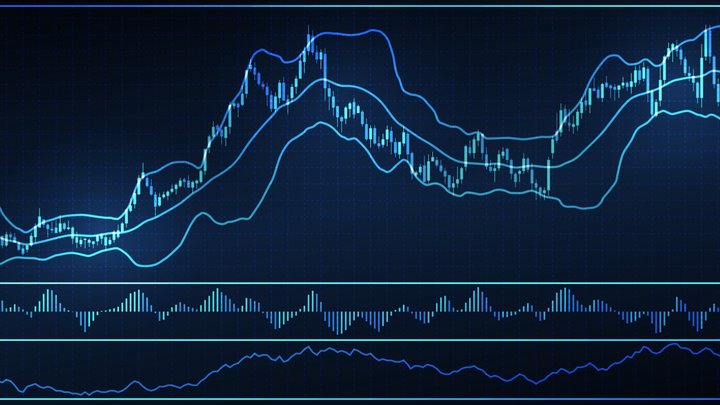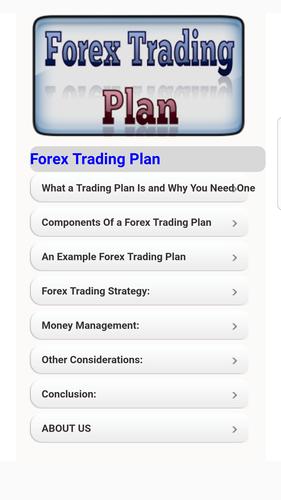
It is crucial to know how CDs and bonds will react to rising interest rates when comparing them. In general, bonds have lower yields as interest rates rise. CDs suffer the opposite. In reality, investors' bonds are subject to a decrease in face value as interest rates rise. They would be forced to sell their bonds on the secondary market at a lower price. Contrarily, a CD can continue to earn its agreed upon interest, and it will have the same face value as the bond when it matures.
CDs' annual percentage yields are higher that savings account rates.
CDs are generally more affordable than savings accounts when it comes to interest rates. CDs may even offer higher APYs than money market accounts. A six-month CD with less than $100,000 in balance is currently earning 0.10% APY. CDs are less likely to earn higher annual percentage yields than savings, but they offer higher interest rates. Unlike savings accounts, CDs do not change while the account is open, so they can be a more stable investment. CDs have the same FDIC insurance limit as bank accounts, up to $250,000

They offer higher rates of return
High-yield bonds on the other side offer higher returns. These bonds are lower-rated than investment grade but offer higher rates of return than government bonds. They are a safer way to invest than stocks. While they are less risky than stocks, they also have higher credit risk. Stocks are safer but high-yield debts may offer higher returns. There are multiple ways to decide which option is more safe.
They are less volatile than bonds
While there are many advantages to CDs, they are also much less volatile than bonds. For starters, CDs do not incur trade transaction costs. CDs can be traded before maturity. This is in contrast to bonds which must always be redeemed in full. Investors have the option of buying new CDs every five to 10 years. This allows them to keep their retirement money in one account. Bonds are a great option for long-term investors, as they offer income generation and diversification.
These are treated as normal income and subject to tax
Interest earned on CDs/bonds is taxable just like ordinary income on both the federal-state levels. However, interest earned with CDs and bond is subject to a lower capital gains rate than for stocks and other bonds. This is the main reason CDs and bonds can be taxed as ordinary income. However, investors need to remember that the tax treatment of interest earned from CDs and bonds can vary widely.

They are low-risk investments
If you're looking for a low-risk investment, CDs may be the answer. These certificates of deposit pay a fixed rate and can be withdrawn at a later date. These certificates of deposit are backed by the Federal Deposit Insurance Corporation, which can provide up to $250,000 per institution. They are also guaranteed by the Federal Reserve System, which makes them a safer option for investors. However, there are some caveats.
FAQ
What's the difference between marketable and non-marketable securities?
Non-marketable securities are less liquid, have lower trading volumes and incur higher transaction costs. Marketable securities, however, can be traded on an exchange and offer greater liquidity and trading volume. Marketable securities also have better price discovery because they can trade at any time. However, there are many exceptions to this rule. There are exceptions to this rule, such as mutual funds that are only available for institutional investors and do not trade on public exchanges.
Non-marketable security tend to be more risky then marketable. They usually have lower yields and require larger initial capital deposits. Marketable securities are generally safer and easier to deal with than non-marketable ones.
For example, a bond issued in large numbers is more likely to be repaid than a bond issued in small quantities. The reason is that the former will likely have a strong financial position, while the latter may not.
Investment companies prefer to hold marketable securities because they can earn higher portfolio returns.
What is a Stock Exchange exactly?
Companies can sell shares on a stock exchange. This allows investors to buy into the company. The market decides the share price. It usually depends on the amount of money people are willing and able to pay for the company.
Companies can also get money from investors via the stock exchange. Companies can get money from investors to grow. Investors buy shares in companies. Companies use their money for expansion and funding of their projects.
Stock exchanges can offer many types of shares. Some are known simply as ordinary shares. These are most common types of shares. Ordinary shares are traded in the open stock market. Shares are traded at prices determined by supply and demand.
Preferred shares and debt securities are other types of shares. Priority is given to preferred shares over other shares when dividends have been paid. Debt securities are bonds issued by the company which must be repaid.
What is a Reit?
A real estate investment Trust (REIT), or real estate trust, is an entity which owns income-producing property such as office buildings, shopping centres, offices buildings, hotels and industrial parks. These are publicly traded companies that pay dividends instead of corporate taxes to shareholders.
They are similar to corporations, except that they don't own goods or property.
What is a mutual-fund?
Mutual funds are pools of money invested in securities. Mutual funds offer diversification and allow for all types investments to be represented. This helps reduce risk.
Professional managers oversee the investment decisions of mutual funds. Some funds let investors manage their portfolios.
Because they are less complicated and more risky, mutual funds are preferred to individual stocks.
Statistics
- Individuals with very limited financial experience are either terrified by horror stories of average investors losing 50% of their portfolio value or are beguiled by "hot tips" that bear the promise of huge rewards but seldom pay off. (investopedia.com)
- "If all of your money's in one stock, you could potentially lose 50% of it overnight," Moore says. (nerdwallet.com)
- Even if you find talent for trading stocks, allocating more than 10% of your portfolio to an individual stock can expose your savings to too much volatility. (nerdwallet.com)
- Ratchet down that 10% if you don't yet have a healthy emergency fund and 10% to 15% of your income funneled into a retirement savings account. (nerdwallet.com)
External Links
How To
How to Trade Stock Markets
Stock trading can be described as the buying and selling of stocks, bonds or commodities, currency, derivatives, or other assets. Trading is French for traiteur, which means that someone buys and then sells. Traders are people who buy and sell securities to make money. It is one of the oldest forms of financial investment.
There are many ways to invest in the stock market. There are three basic types of investing: passive, active, and hybrid. Passive investors are passive investors and watch their investments grow. Actively traded investor look for profitable companies and try to profit from them. Hybrid investor combine these two approaches.
Passive investing can be done by index funds that track large indices like S&P 500 and Dow Jones Industrial Average. This is a popular way to diversify your portfolio without taking on any risk. You can simply relax and let the investments work for yourself.
Active investing is about picking specific companies to analyze their performance. Active investors will analyze things like earnings growth rates, return on equity and debt ratios. They also consider cash flow, book, dividend payouts, management teams, share price history, as well as the potential for future growth. They then decide whether they will buy shares or not. They will purchase shares if they believe the company is undervalued and wait for the price to rise. On the other side, if the company is valued too high, they will wait until it drops before buying shares.
Hybrid investing is a combination of passive and active investing. You might choose a fund that tracks multiple stocks but also wish to pick several companies. In this case, you would put part of your portfolio into a passively managed fund and another part into a collection of actively managed funds.